Cypress is a genus of evergreen coniferous trees and shrubs in the family Cupressaceae. The genus includes various species that are native to different regions of the world. Here is a detailed description of Cypress:
**Appearance**
Cypress trees vary in size and shape depending on the species. They typically have a conical or columnar growth habit, with dense foliage of scale-like or needle-like leaves. The leaves are typically dark green in color and have a pleasant, resinous fragrance when crushed. The bark is often reddish-brown or grayish-brown and develops a deeply furrowed texture with age.
**Species and Cultivars**
There are several species of Cypress, including Cupressus sempervirens (Mediterranean Cypress), Cupressus arizonica (Arizona Cypress), and Taxodium distichum (Bald Cypress), among others. Each species has its own unique characteristics and growth requirements. There are also various cultivated varieties and hybrids available, offering different sizes, foliage colors, and growth habits.
**Cultivation**
Cypress trees are adaptable and can be grown in a range of climates, depending on the species. They generally prefer full sun exposure and well-draining soil. Some species, such as the Mediterranean Cypress, are drought-tolerant once established. Cypress trees are often used as ornamental specimens in parks, gardens, and landscapes due to their striking appearance and ability to add vertical interest to the surroundings.
**Uses**
Cypress wood is highly valued for its durability and natural resistance to decay and insects. It is commonly used in construction, including for furniture, flooring, and outdoor structures like fences and pergolas. The wood is also utilized in the production of musical instruments, boat building, and other crafts. Cypress trees are also known for their ability to provide windbreaks and serve as natural barriers due to their dense foliage.
**Symbolism and Cultural Significance**
Cypress trees hold cultural and symbolic significance in various cultures. They are often associated with longevity, strength, and resilience. In some traditions, they are seen as symbols of mourning and are planted in cemeteries. Cypress trees are also revered in folklore and mythology, representing immortality and the connection between heaven and earth.
**Conclusion**
Cypress trees are magnificent coniferous trees known for their distinct appearance, durability, and cultural significance. With their columnar or conical shape, fragrant foliage, and adaptability to different climates, they serve as valuable ornamental specimens and contribute to the natural beauty of landscapes. Whether used for their wood, symbolic value, or as striking landscape features, Cypress trees have a timeless appeal and continue to hold a special place in our cultural and natural heritage.

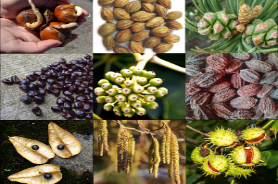
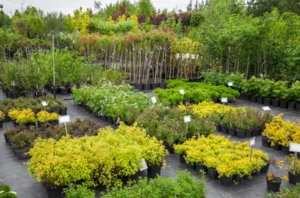
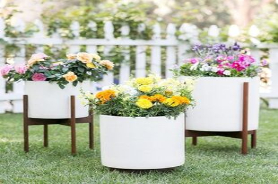




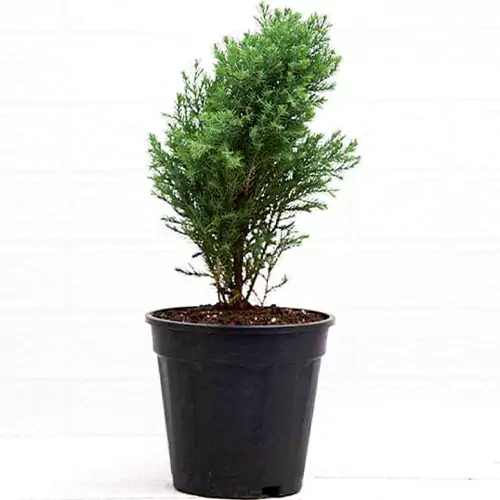

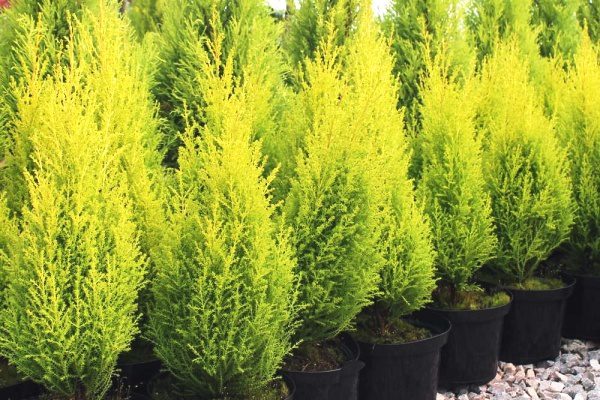

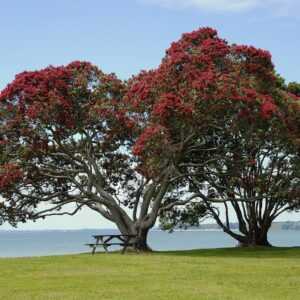
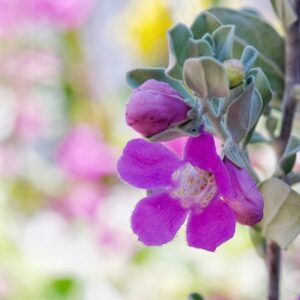
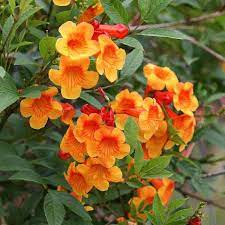
Reviews
There are no reviews yet.